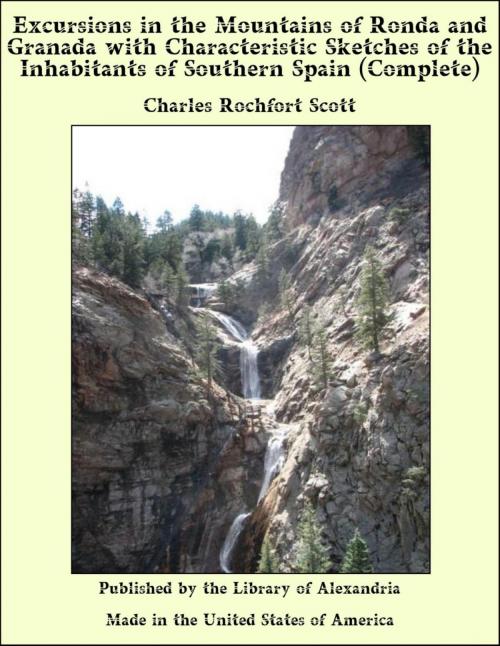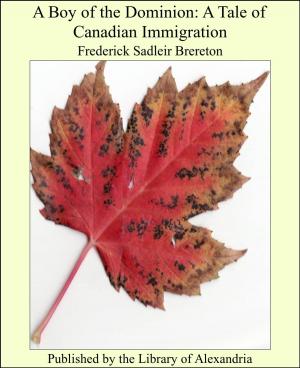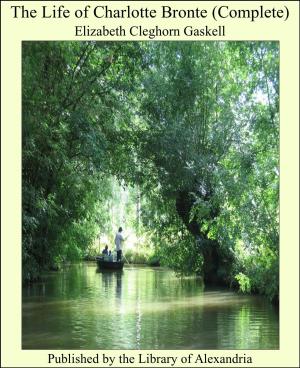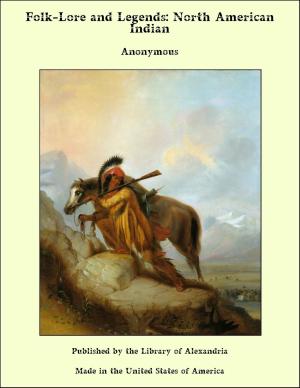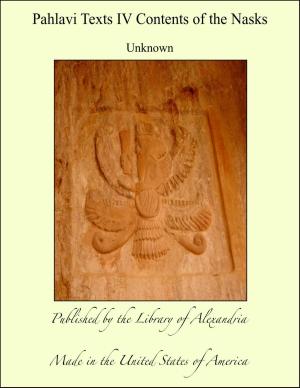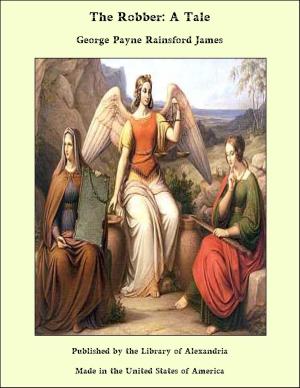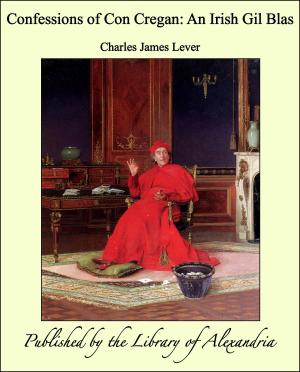Excursions in the Mountains of Ronda and Granada with Characteristic Sketches of the Inhabitants of Southern Spain (Complete)
Nonfiction, Religion & Spirituality, New Age, History, Fiction & Literature| Author: | Charles Rochfort Scott | ISBN: | 9781465585806 |
| Publisher: | Library of Alexandria | Publication: | March 8, 2015 |
| Imprint: | Language: | English |
| Author: | Charles Rochfort Scott |
| ISBN: | 9781465585806 |
| Publisher: | Library of Alexandria |
| Publication: | March 8, 2015 |
| Imprint: | |
| Language: | English |
SPAIN! region of romance! of snow-capped mountains, dark forests, and crystal streams!—Land of the olive and the vine—the perfumed orange and bright pomegranate!—Country of portly priests, fierce bandits, and dark-eyed donzellas—the lively castañet and gay Fandango! And thou, fair Bœtica! favoured province of a favoured clime, whose purple grape tempted Hercules to arrest his course—whose waving corn-fields and embowelled treasures have ever since excited the cupidity of the various ambitious nations that have in turn disputed the empire of the world! Is it indeed true that ye are “now chiefly interesting to the traveller for the monuments which a foreign and odious race of conquerors have left behind them?” Yes, you might proudly answer, we admit such is the case. Spain is chiefly interesting to the stranger on account of the monuments left by her turbaned conquerors; but she is so simply, because, in no other country, are they to be seen in so perfect a state; because, in no other part of the world subjected to Moslem sway, did the arts ever reach to such perfection. But, whilst Spain lays especial claim to the attention of the stranger on account of the relics of the Moors that are strewed over her surface, she possesses, in common with other countries of Southern Europe, the usual attractions that excite the interest of travellers. Can she not boast of owning monuments of the demi-god Hercules, and other conquerors of the most remote antiquity? Are not her shores studded with ruins of the Phœnicians, Carthagenians, and Romans? Has she not noble works of art of yet more recent times than her Moorish palaces to boast of? May she not proudly point to the splendid gothic edifices raised since her release from the Mussulman yoke? to the incomparable paintings of the divine Murillo? to the statuary of a Cano? Is not the Spanish peninsula one of the most beautiful as well as richest countries in the world?
SPAIN! region of romance! of snow-capped mountains, dark forests, and crystal streams!—Land of the olive and the vine—the perfumed orange and bright pomegranate!—Country of portly priests, fierce bandits, and dark-eyed donzellas—the lively castañet and gay Fandango! And thou, fair Bœtica! favoured province of a favoured clime, whose purple grape tempted Hercules to arrest his course—whose waving corn-fields and embowelled treasures have ever since excited the cupidity of the various ambitious nations that have in turn disputed the empire of the world! Is it indeed true that ye are “now chiefly interesting to the traveller for the monuments which a foreign and odious race of conquerors have left behind them?” Yes, you might proudly answer, we admit such is the case. Spain is chiefly interesting to the stranger on account of the monuments left by her turbaned conquerors; but she is so simply, because, in no other country, are they to be seen in so perfect a state; because, in no other part of the world subjected to Moslem sway, did the arts ever reach to such perfection. But, whilst Spain lays especial claim to the attention of the stranger on account of the relics of the Moors that are strewed over her surface, she possesses, in common with other countries of Southern Europe, the usual attractions that excite the interest of travellers. Can she not boast of owning monuments of the demi-god Hercules, and other conquerors of the most remote antiquity? Are not her shores studded with ruins of the Phœnicians, Carthagenians, and Romans? Has she not noble works of art of yet more recent times than her Moorish palaces to boast of? May she not proudly point to the splendid gothic edifices raised since her release from the Mussulman yoke? to the incomparable paintings of the divine Murillo? to the statuary of a Cano? Is not the Spanish peninsula one of the most beautiful as well as richest countries in the world?
